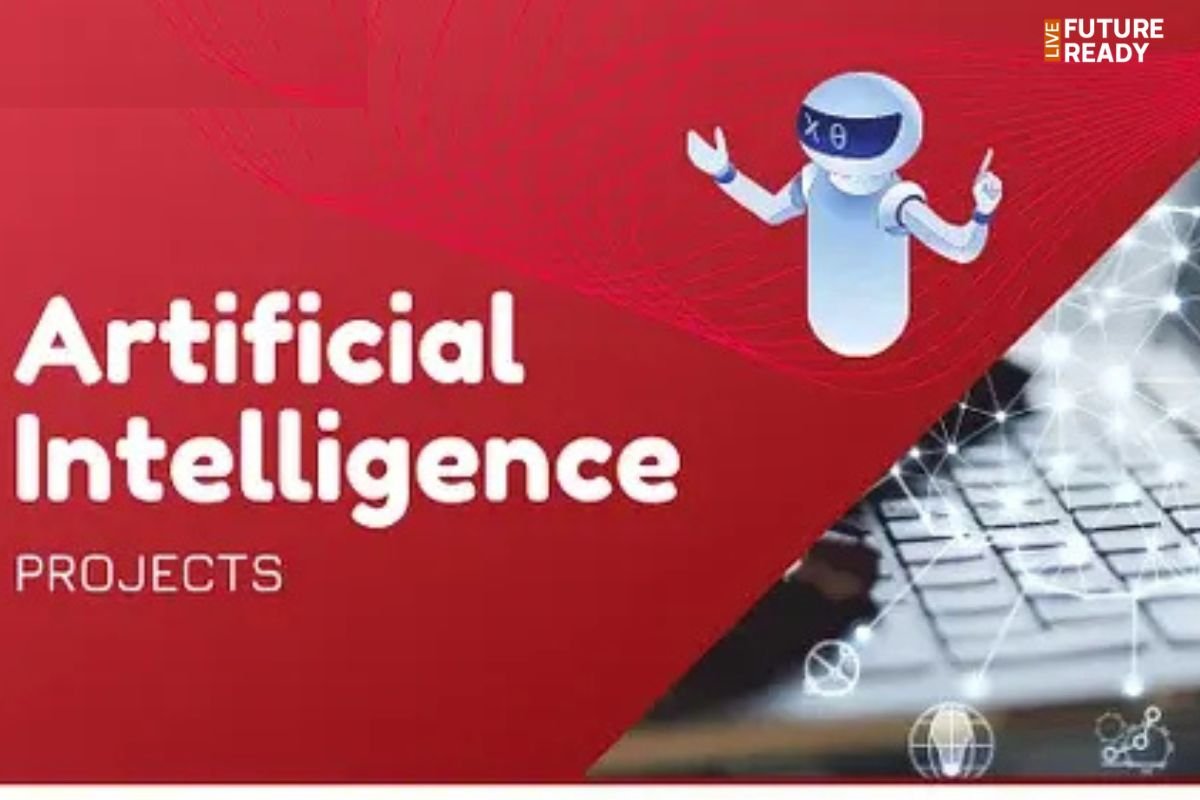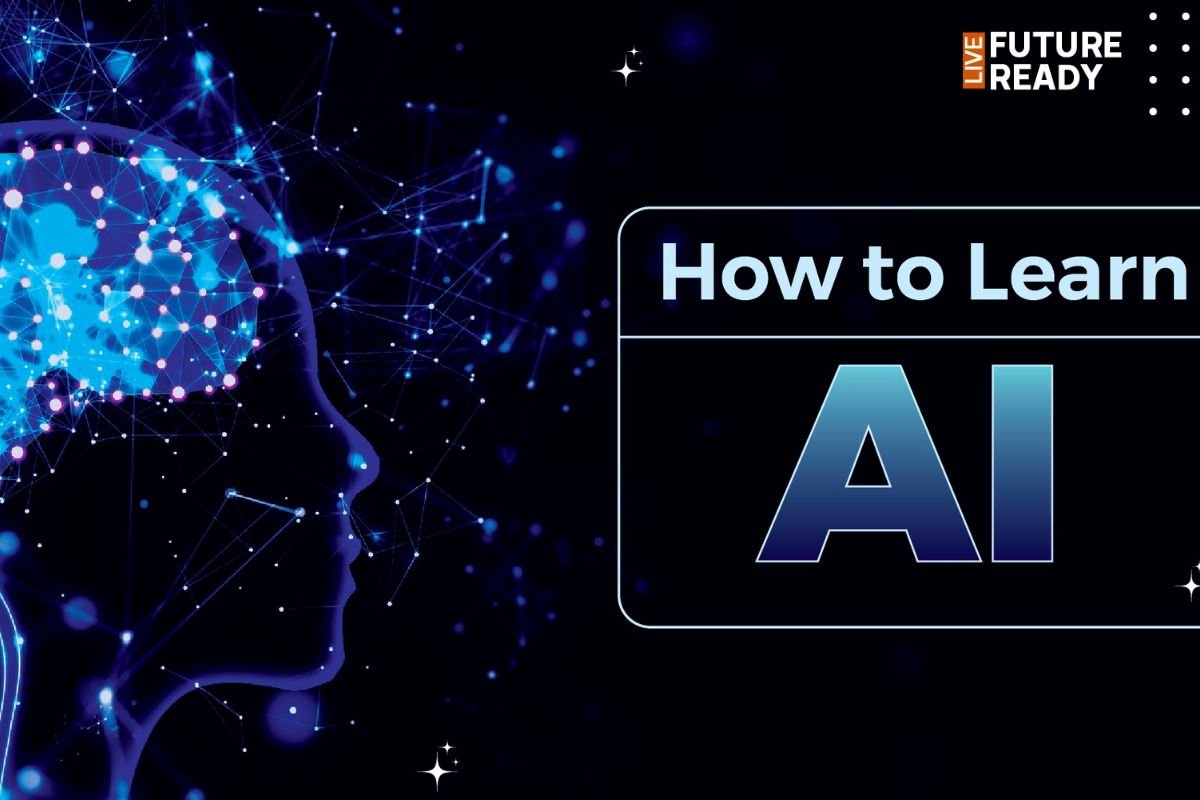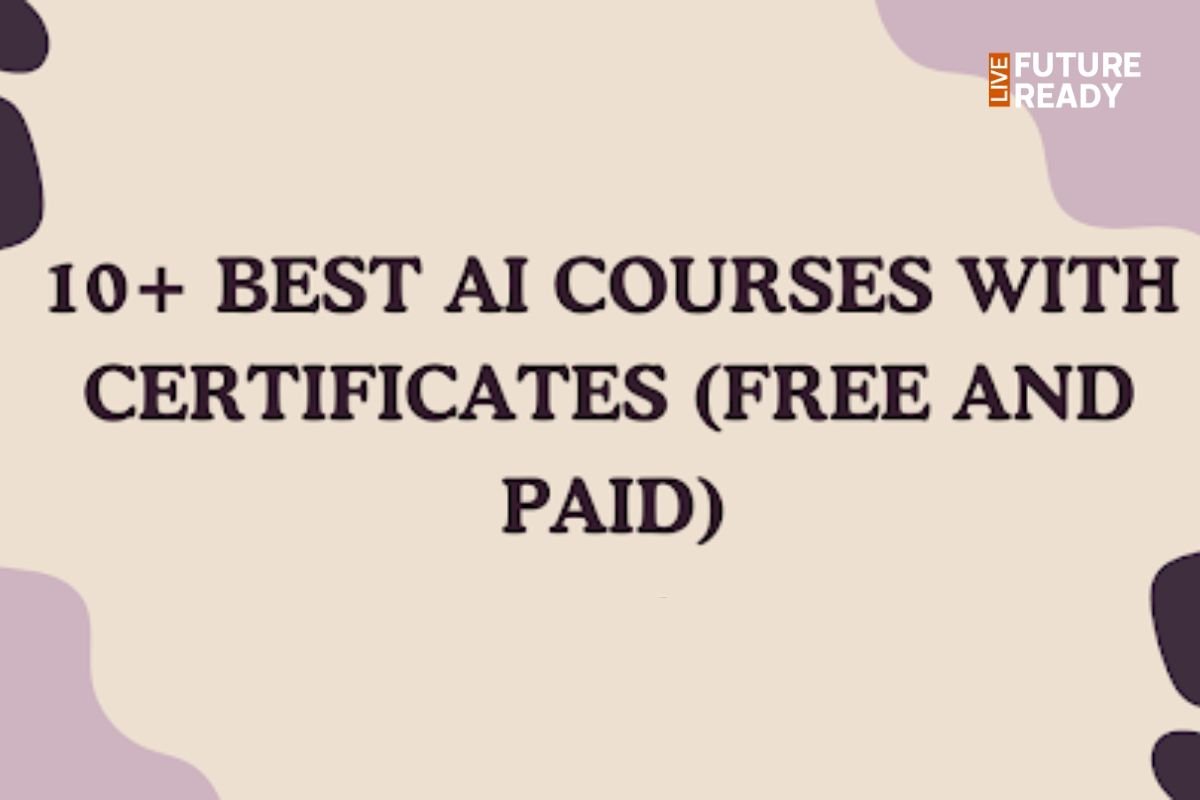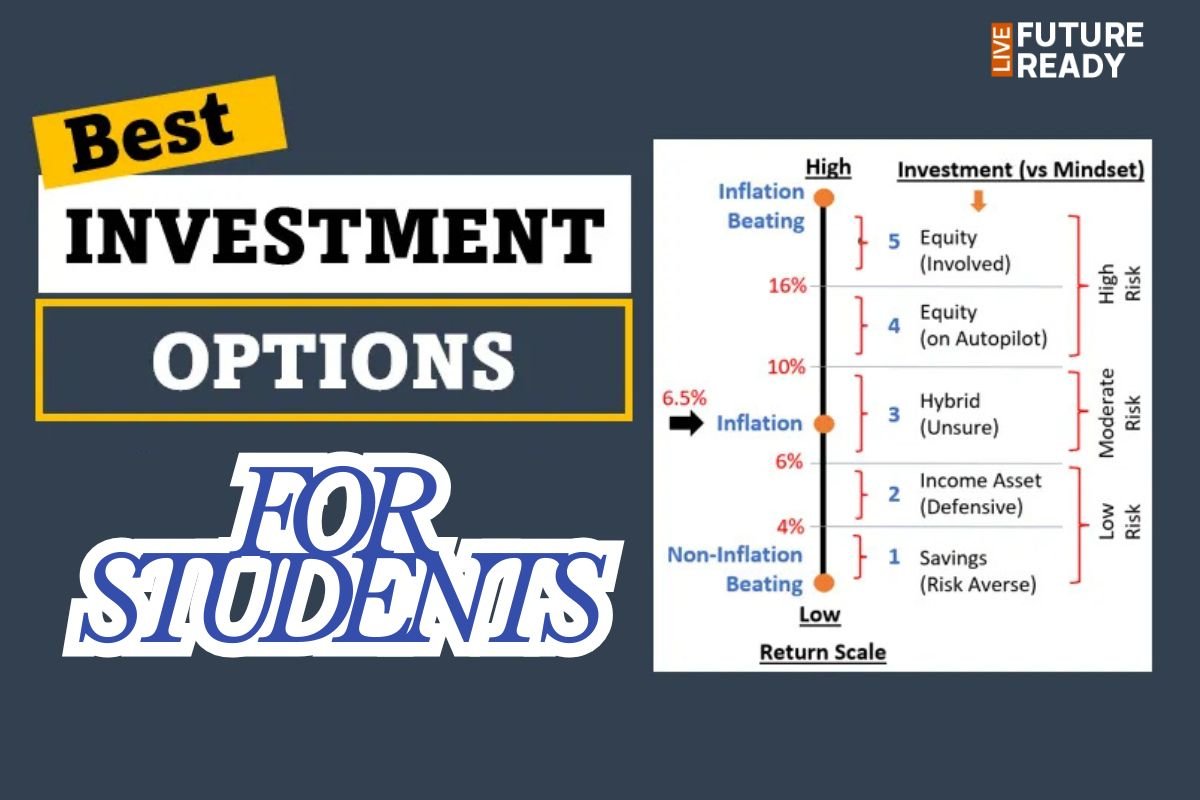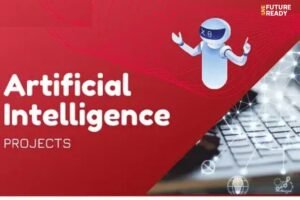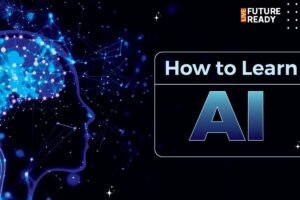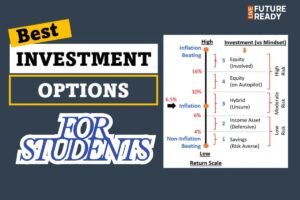KPMG has announced plans to integrate intelligent agentic AI systems into its operations, aiming to revolutionize service delivery across various departments, including audit, tax, and advisory. These AI agents are designed to function as digital colleagues, capable of working continuously without the limitations inherent to human employees.
Implications for the Workforce
The introduction of such AI systems raises questions about the future of employment within the firm and the broader industry. While AI has the potential to enhance efficiency and reduce operational costs, concerns about job displacement remain prevalent. However, some workers view AI and automation as tools that can augment their skills and create new career opportunities.
KPMG’s Perspective
KPMG emphasizes that the integration of AI is intended to complement human efforts, allowing employees to focus on more strategic tasks while AI handles routine operations. This approach aims to balance technological advancement with workforce development, mitigating potential job displacement concerns.
Conclusion
As KPMG moves forward with its AI initiatives, the firm stands at the intersection of innovation and workforce transformation. The success of integrating intelligent agentic AI will depend on how effectively the technology complements human expertise and addresses the evolving needs of clients and employees alike.






